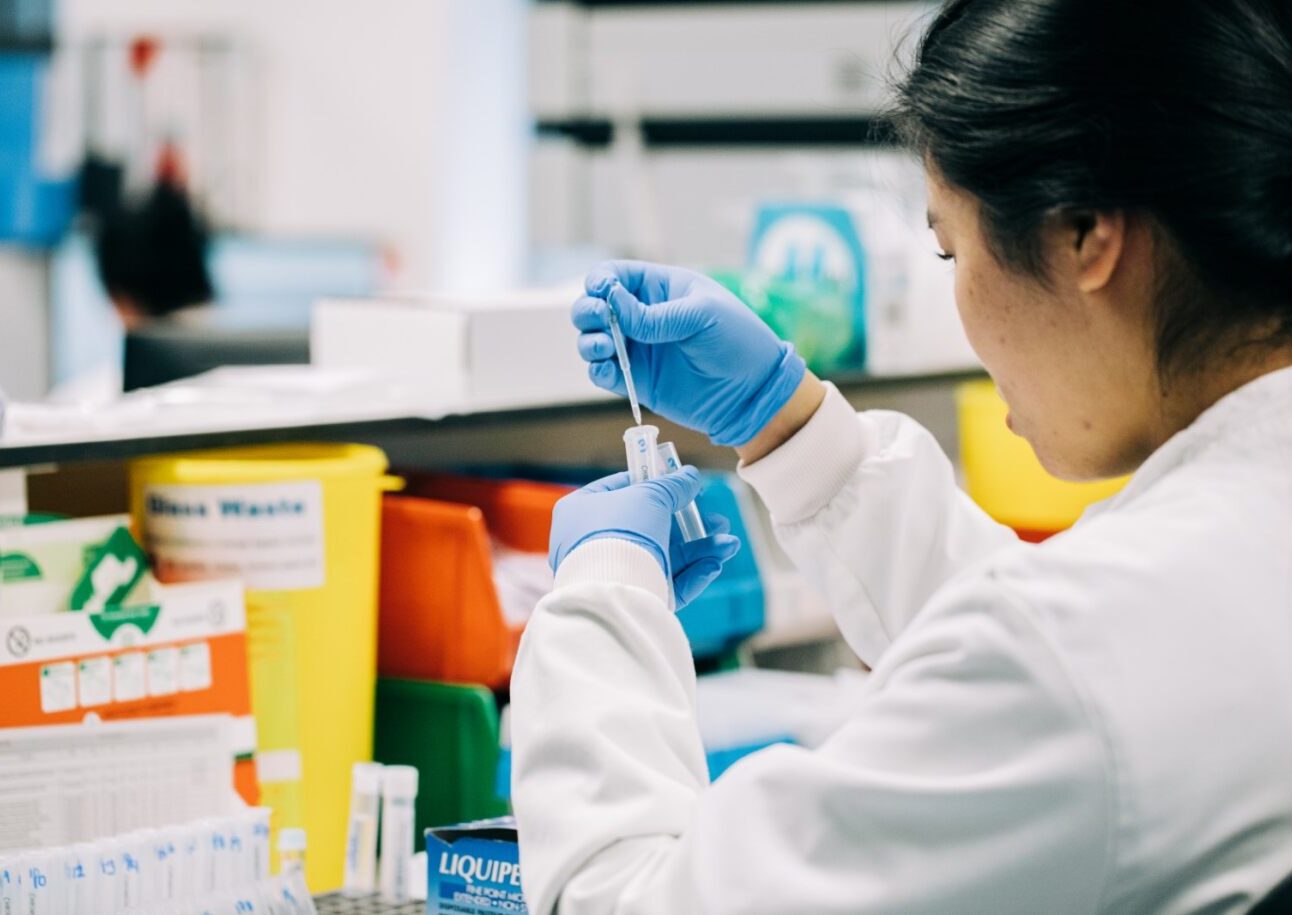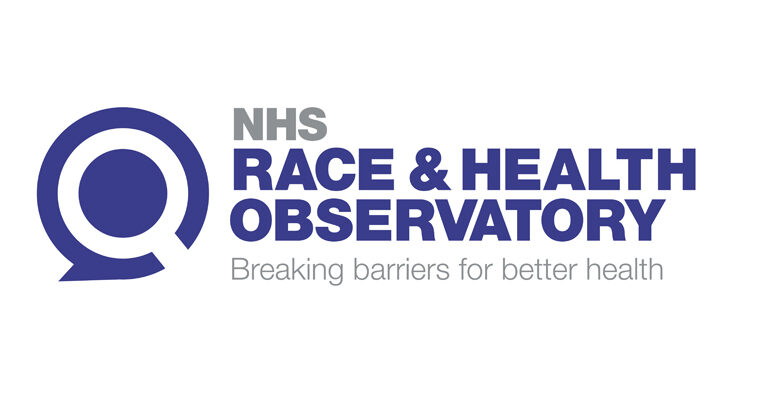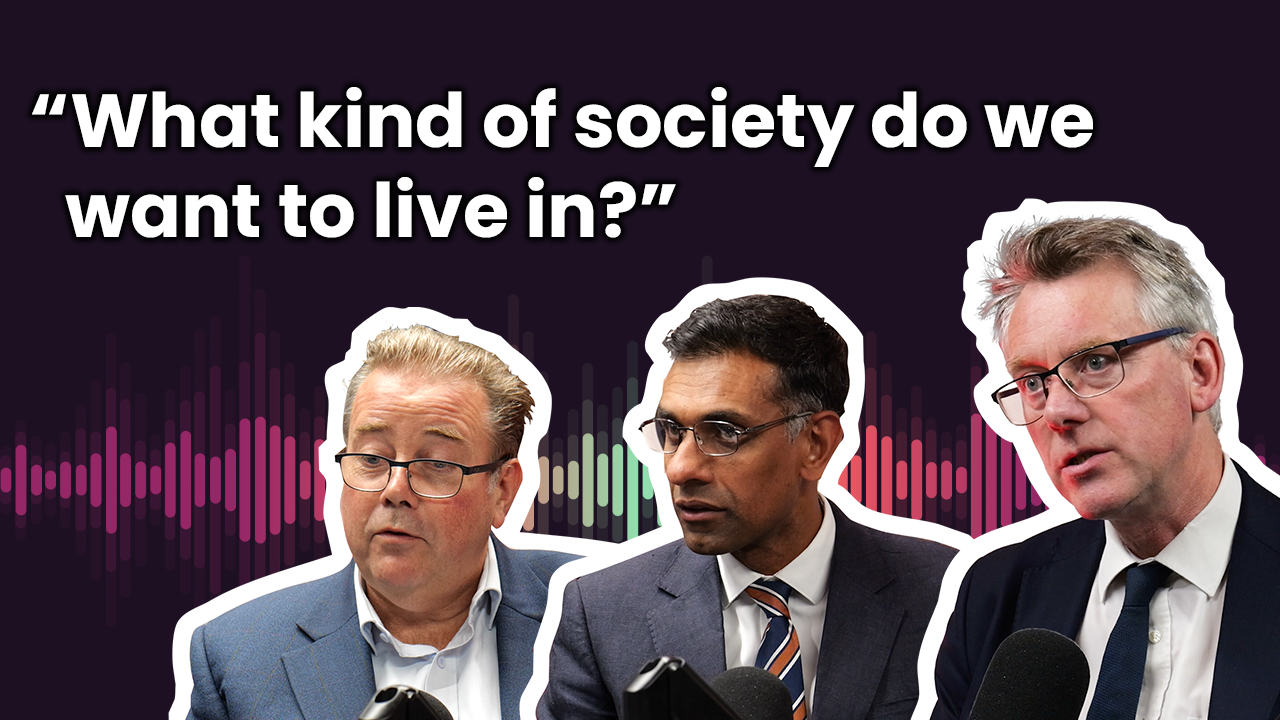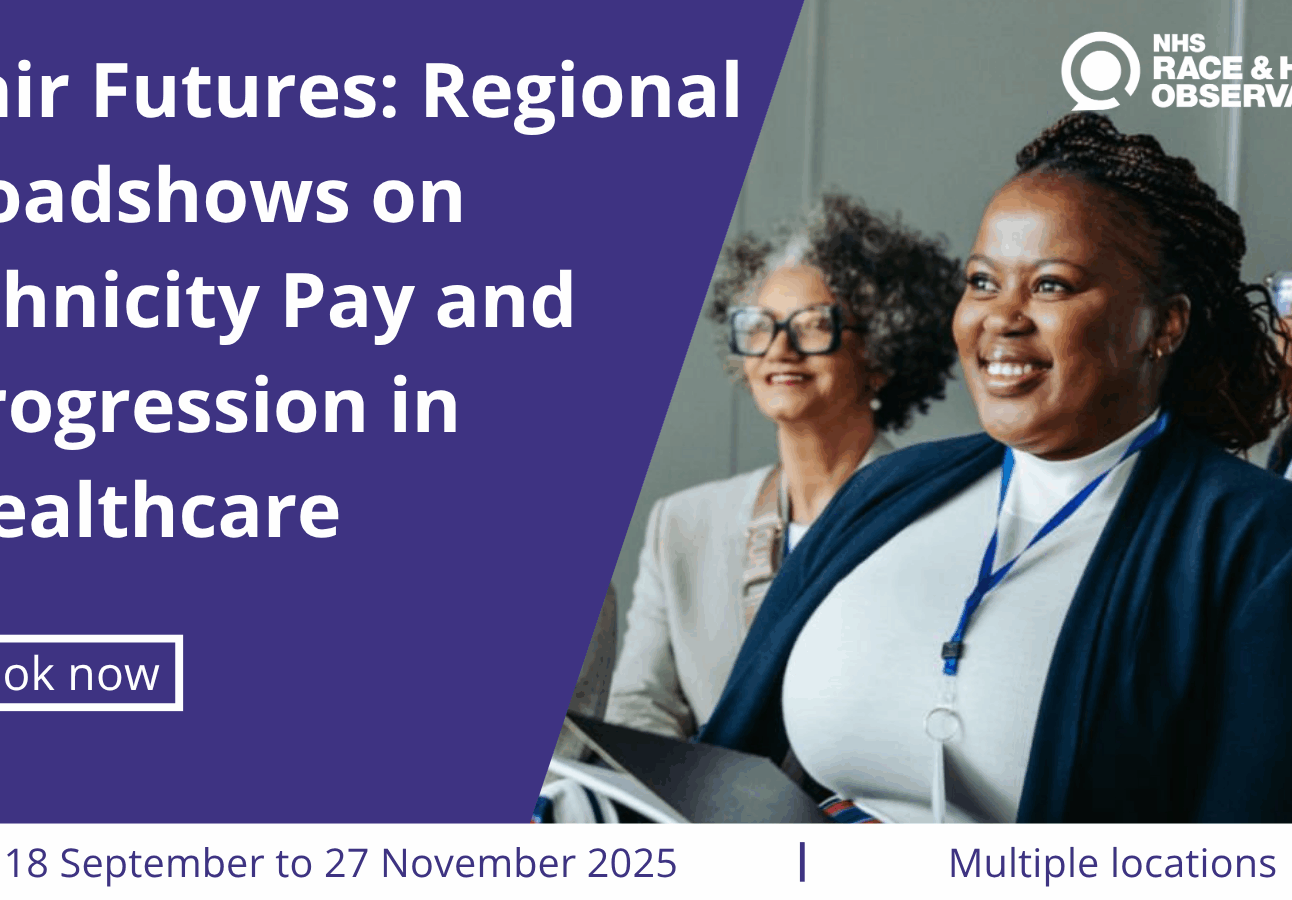
New Programme to Tackle NHS Bullying, Harassment and Abuse Announced
A 16-month programme aimed at closing the ethnicity gap in bullying, harassment and abuse claims has been announced by the NHS Race and Health Observatory.
Comment and analysis on key issues on ethnic health inequalities in health and social care.

A 16-month programme aimed at closing the ethnicity gap in bullying, harassment and abuse claims has been announced by the NHS Race and Health Observatory.

A strategic partnership with the NHS North Thames Genomic Medicine Service (NT GMS) designed to ensure better access, understanding and information to genomic medicine and research has been announced by the NHS Race and Health Observatory.

In the aftermath of Hurricane Melissa which has brought devastation across Jamaica, the NHS Race and Health Observatory extends its heartfelt condolences and unwavering support to all those affected.

Responding to the government’s new measures outlined to tackle antisemitism and racism across government and the NHS, Professor Habib Naqvi, chief executive of the NHS Race and Health Observatory, said:

An opportunity to work with us to review routes of access for dementia diagnosis and care services in England.

Professor Habib Naqvi, RHO chief executive speaks alongside Sir Julian Hartley, chief executive of the CQC and Charlie Massey, chief executive of the GMC on the Voices of Care podcast.

A series of national and regional roadshows launch in Manchester this week to address the ethnicity pay and progression gap impacting the NHS workforce.

Responding to the Birth Trauma Inquiry report, Professor Habib Naqvi, chief executive, NHS Race and Health Observatory, said:

Migrant and ethnic minority communities often encounter challenges within healthcare systems.

Responding to the latest British Social Attitudes survey, Professor, Dr Habib Naqvi, chief executive of the NHS Race and Health Observatory, said

The NHS Genomic Medicine Service was commissioned in October 2018 by NHS England.

Responding to publication of the NHS Workforce Race Equality Standard (WRES) data analysis for 2023, Dr Nandi Simpson, Implementation director, NHS Race and Health Observatory, said:

Responding to comments made by Frank Hester, Professor Habib Naqvi, chief executive of the NHS Race and Health Observatory, said:

Responding to the publication of the Independent Review, Professor Habib Naqvi, chief executive

Responding to the results of the latest NHS Staff Survey,

Statement - Independent Review of Maternity Services, Nottingham University Hospitals